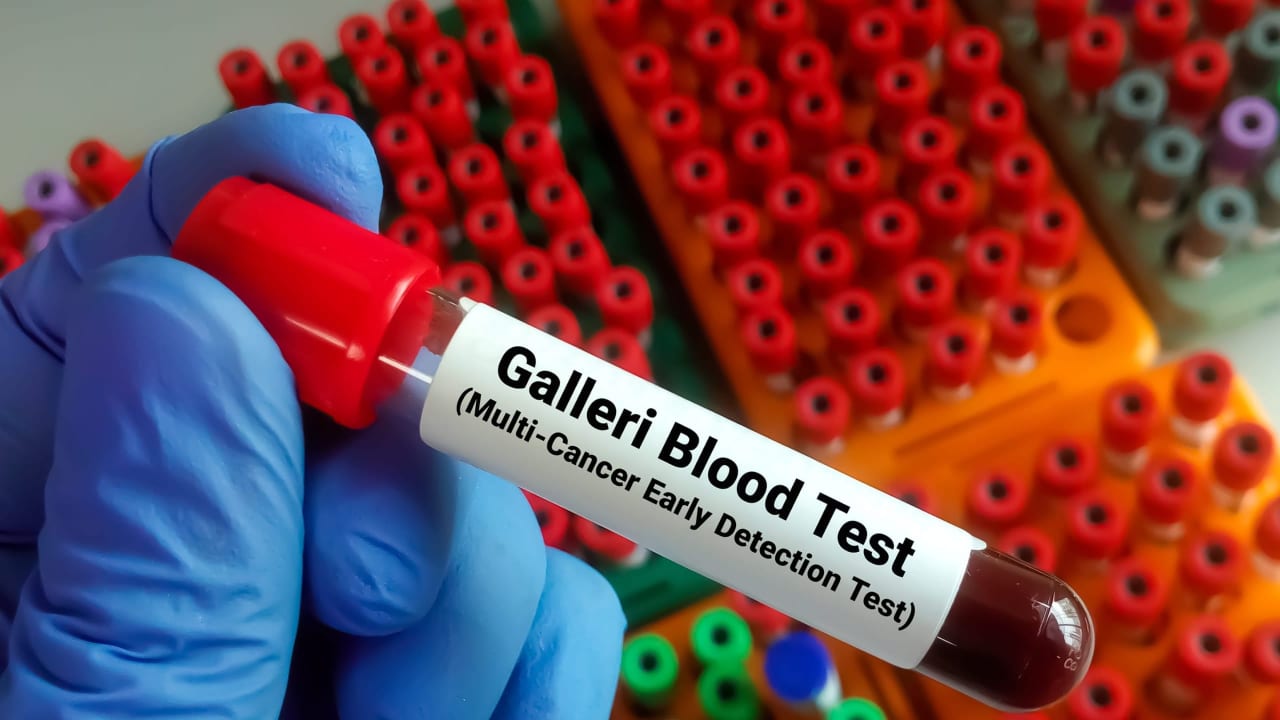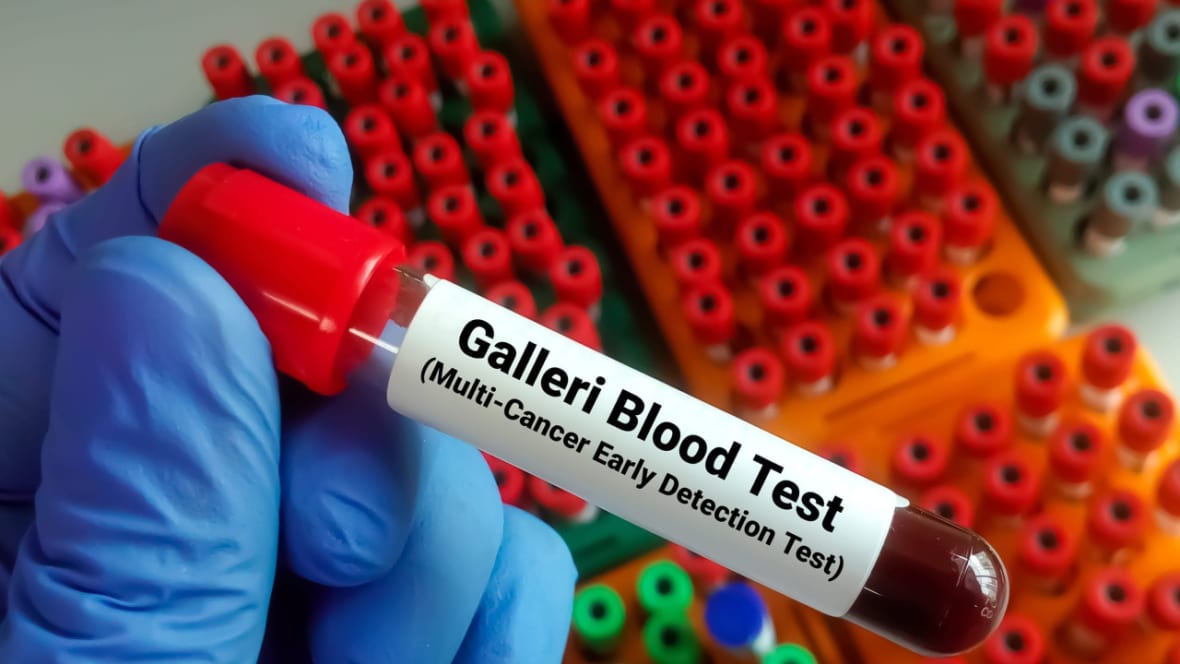Cancer disproportionately affects Black people. Galleri test detects 50 types of cancer, but insurance won’t cover it.
Many cancers do not exhibit symptoms and patients are unaware they have the disease until it has reached an advanced The post Cancer disproportionately affects Black people. Galleri test detects 50 types of cancer, but insurance won’t cover it. appeared first on TheGrio.

Galleri, which can detect cancer in its earliest stages, is able to identify the top 50 types that medical professionals worry most about and believe to be particularly dangerous.
Many cancers do not exhibit symptoms and patients are unaware they have the disease until it has reached an advanced stage — but the Galleri test can change that.
Galleri, which can detect cancer in its earliest stages, is able to identify the top 50 types that medical professionals worry most about and believe to be particularly dangerous, according to KCTV5 News. Health professionals concur that having a satisfactory result from cancer treatment depends on early detection.
The test is not predictive, meaning it cannot tell you whether you will get cancer, just if it’s already present.

Medical professionals mostly recommend Galleri for people with increased cancer risk, such as those aged 50 or older or with a family history of cancer, according to Health.com.
This should be especially concerning for Black people because they experience a higher cancer burden and more barriers to identification, treatment and survival — suffering the highest mortality but lowest survival rates than any other racial or ethnic group.
Galleri won’t replace conventional cancer screenings like colonoscopies and mammograms, and routine exams are required to really detect cancer early.
The Cleveland Clinic, The US Oncology Network and researchers from other reputable institutions joined GRAIL — the company behind Galleri — to launch the Circulating Cell-Free Genome Atlas study (CCGA). The three-part CCGA study, which had a five-year cumulative duration, started in 2016.
Results from the third substudy, which examined data from 2016 to 2019, showed that 99.5% of patients without cancer received negative test results. Only 0.5% of participants received false positive results from the tests using the specificity measurement.
Using a parameter known as “sensitivity,” researchers successfully identified malignancy in 51.5% of cancer patients. The blood tests were most effective at spotting 12 cancer types — including ovarian, head and neck, esophagus, pancreatic and liver — for which there are no standard screening tests.
In an independent 2020 PATHFINDER research study, nearly 40% of cancer diagnoses were Stage 1 or 2 cancers resulting from positive test outcomes. Galleri’s initial or second hypothesis about the cause of cancer was accurate in 96.3% of cases.
Furthermore, the test detected cancer signals with high sensitivity — greater than 75% — for several malignancies for which there were no screening recommendations, according to a review of the third substudy of the CCGA study.
Ryan Pferdehirt with the Center for Practical Bioethics in Kansas City said uncertainty exists about how patients, employers and insurance companies would respond to predictive tests that estimate the risk of developing cancer, KCTV5 reported. However, Galleri is unique since it can identify cancer that has already developed.
There is another uncertainty and a downside: The exam has an out-of-pocket cost of nearly $1,000 and insurance does not cover it, putting it out of most people’s budget range. “It is expensive,” said Dr. Neal Erickson with Kansas City Family Medical Care, according to KCTV5. “And if you do every single patient every single year, there’s going to be a significant cost.”
Patients can choose to use a flexible payment plan or they might be able to use funds from their flexible spending or health savings account to cover the cost.
Pferdehirt noted that there will always be a gap between those who can afford specific treatments and those who cannot.
Erickson does, however, believe that the price will decrease. “I think in time insurance comes we’ll see the value,” said Erickson, KCTV5 reported. “They can identify these cancers and save lives at an earlier stage. That’s going to be a big deal.”
TheGrio is FREE on your TV via Apple TV, Amazon Fire, Roku and Android TV. Also, please download theGrio mobile apps today!
The post Cancer disproportionately affects Black people. Galleri test detects 50 types of cancer, but insurance won’t cover it. appeared first on TheGrio.












